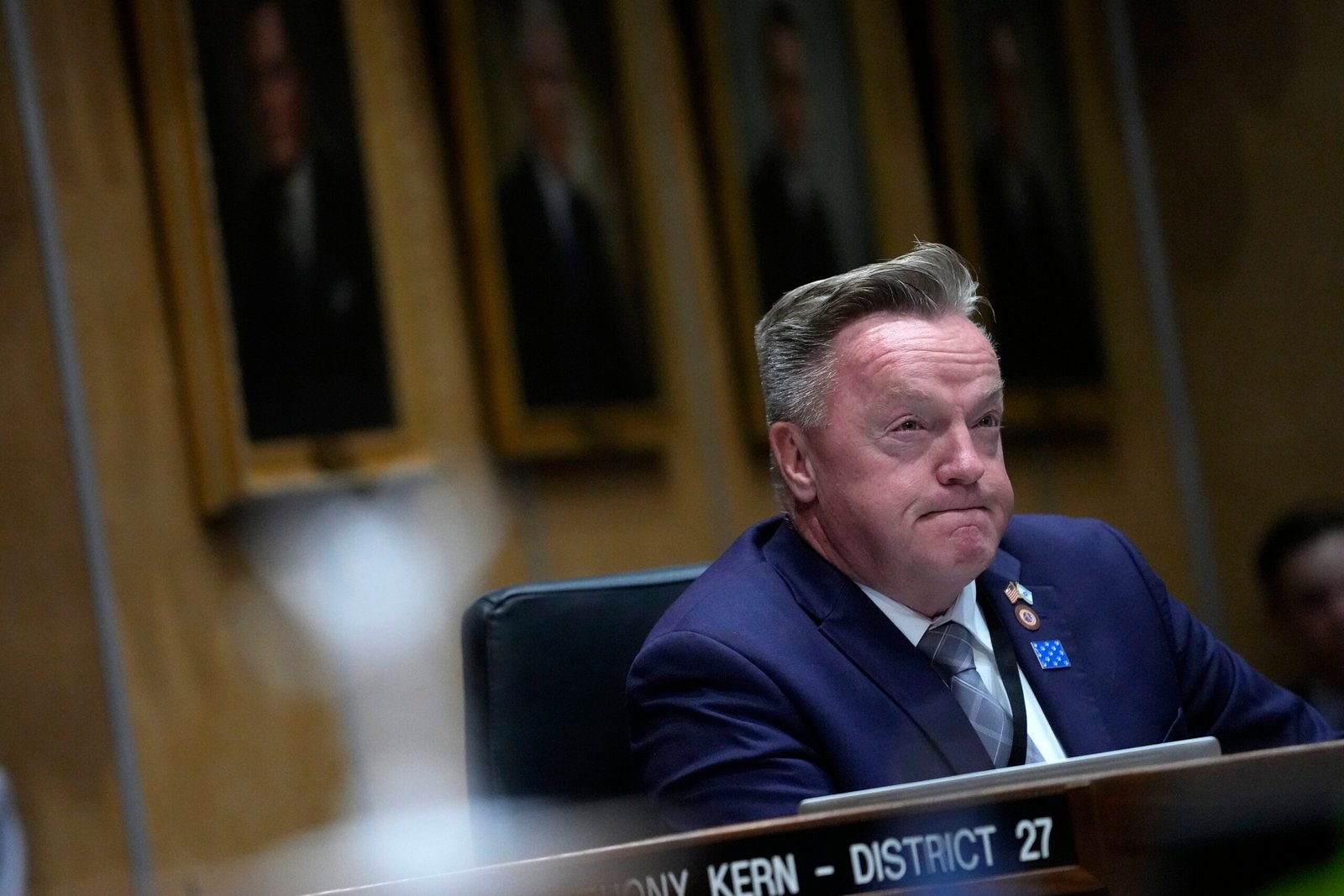Anthony Kern
Prop 315: Will It Slash Costs or Put Lives at Risk?

Arizona voters will face a significant decision regarding Proposition 315, which mandates legislative approval for state agency rules that could increase regulatory costs. This initiative has sparked a divide among lawmakers and citizens alike.
Supporters, primarily from the Republican party, argue Proposition 315 will curtail unnecessary expenditure and restore power to voters. They assert that requiring agency-proposed rules with fiscal implications over $100,000 to undergo scrutiny will ensure accountability. Republican Sen. Anthony Kern is the force behind this legislative referral.
The Arizona Office of Economic Opportunity (OEO), overseen by the governor, would evaluate proposed rules. If costs surpass $500,000 within five years, legislative approval would be mandatory. Steven Shadegg, Arizona director for Americans for Prosperity (AFP), emphasizes that this mechanism provides a necessary check on unelected officials, ensuring the populace has a say in potential tax increases driven by new regulations.
Shadegg stresses the importance of representative democracy in this context, asserting that taxpayers should control how their money is spent. However, critics argue that the proposition could exacerbate an already cumbersome rulemaking process, thus undermining effective governance.
Opponents, including former agency heads like Will Humble of the Arizona Department of Health Services (ADHS), voice grave concerns. They warn that delays resulting from new requirements may jeopardize public health and safety. Humble highlighted the lengthy existing rulemaking process, noting that adding legislative hurdles could lead to critical regulations being stalled indefinitely.
For example, the ADHS is currently navigating rules for legislation expanding food sales from home kitchens. The intricate process already involved includes public comments and meticulous economic impact assessments. Humble points out that with Prop. 315, a single legislator could effectively derail essential rule packages, compromising critical public health safeguards.
Moreover, Humble fears that the proposition might be weaponized for political advantage, especially in a divided government context. He warns that the measure could lead to detrimental impacts on public welfare as agencies respond to legislative pressures rather than prioritizing health and safety mandates.
While acknowledging the existence of necessary regulatory costs, Humble maintains that these costs are justified when they safeguard the public. Prop. 315’s proponents argue otherwise, suggesting that citizens should have oversight of expenditure without detracting from safety measures.
As election day approaches, both sides agree that Proposition 315 warrants careful consideration. Voters are urged to reflect on its potential long-term implications, as once passed, amending such propositions can prove to be a formidable challenge.

















